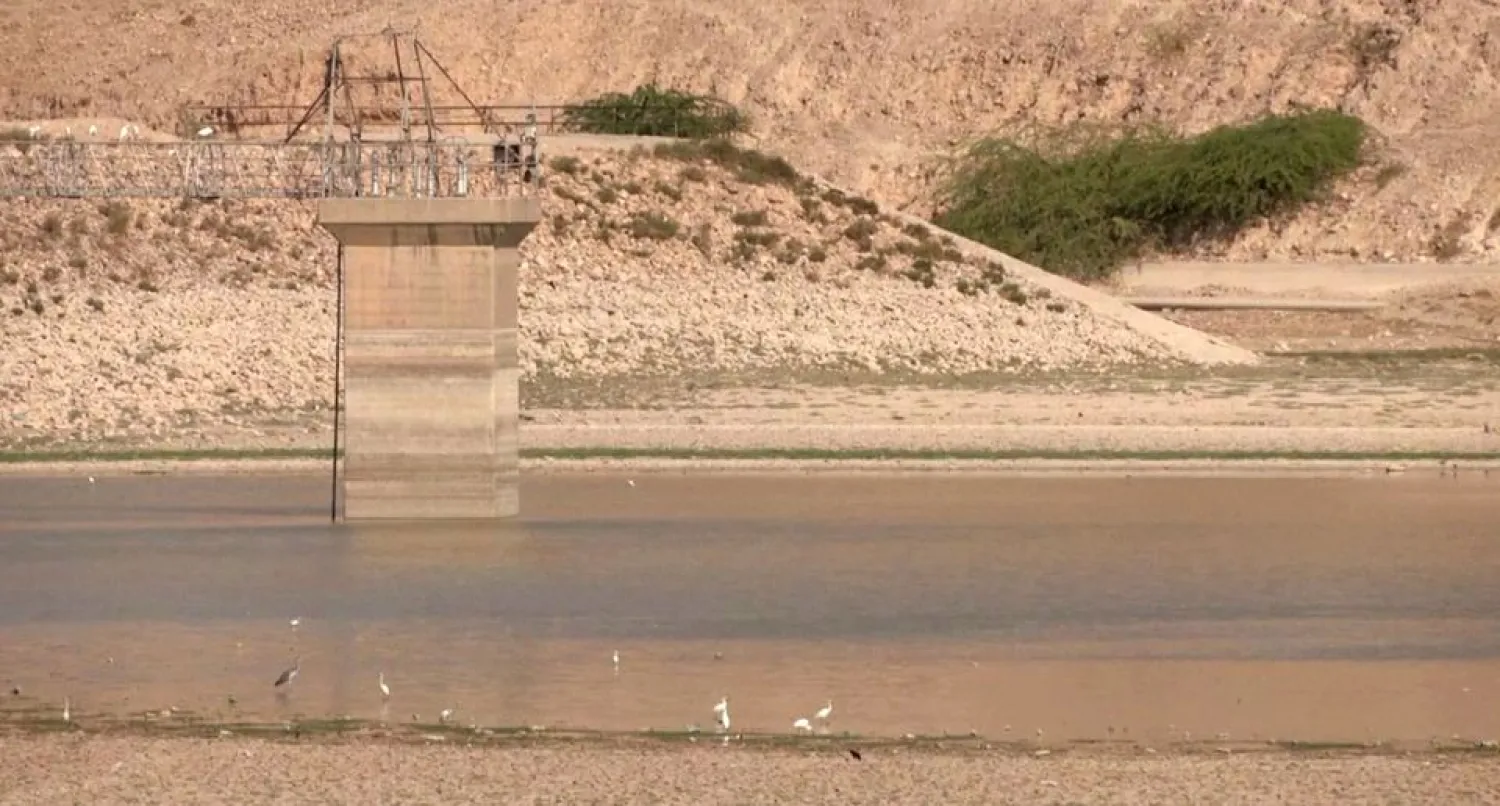Israel and Jordan have signed a declaration of intent for a water-for-energy deal, Israel's Energy Ministry said on Monday, in the first such deal between the two countries.
The project would see Jordan build 600 megawatts of solar generating capacity which would be exported to Israel, contingent upon Israel providing water-scarce Jordan with 200 million cubic meters of desalinated water.
Feasibility studies would start in 2022, said a statement from Israel's diplomatic mission in the United Arab Emirates, where the deal was signed.
It has not been decided over how long the agreement would be carried out.
The deal was signed by the UAE's climate change minister, Jordan's minister of water and irrigation and Israel's energy minister at the Expo 2020 world fair currently being hosted by Dubai.
The UAE, which became the first Gulf state to normalize relations with Israel last year, said it was pleased to play a role in bringing the two countries together in demonstrating the benefits of establishing diplomatic relations.
"All residents of the Middle East will benefit from this memorandum of understanding, not just Jordan and Israel. This is a message to the world on how countries can act together to fight the climate crisis," said Israel's Energy Minister Karine Elharrar.
Jordan, which signed a peace treaty with neighbor Israel in 1994, said on Monday the deal was not "legally or technically" binding and the kingdom would only proceed if it secured these quantities of water, Water and Irrigation Ministry Spokesman Omar Salamah said.
Israel, which already sells Jordan some freshwater supplies, had long sought to sell desalinated water to its neighbor, but the kingdom had resisted.
"Climate change and the influx of refugees have further exacerbated Jordan´s water challenges, however, there are many opportunities for regional cooperation to help increase sustainability in the sector," Jordan´s Minister of Water and Irrigation Mohammad Al-Najjar said.









